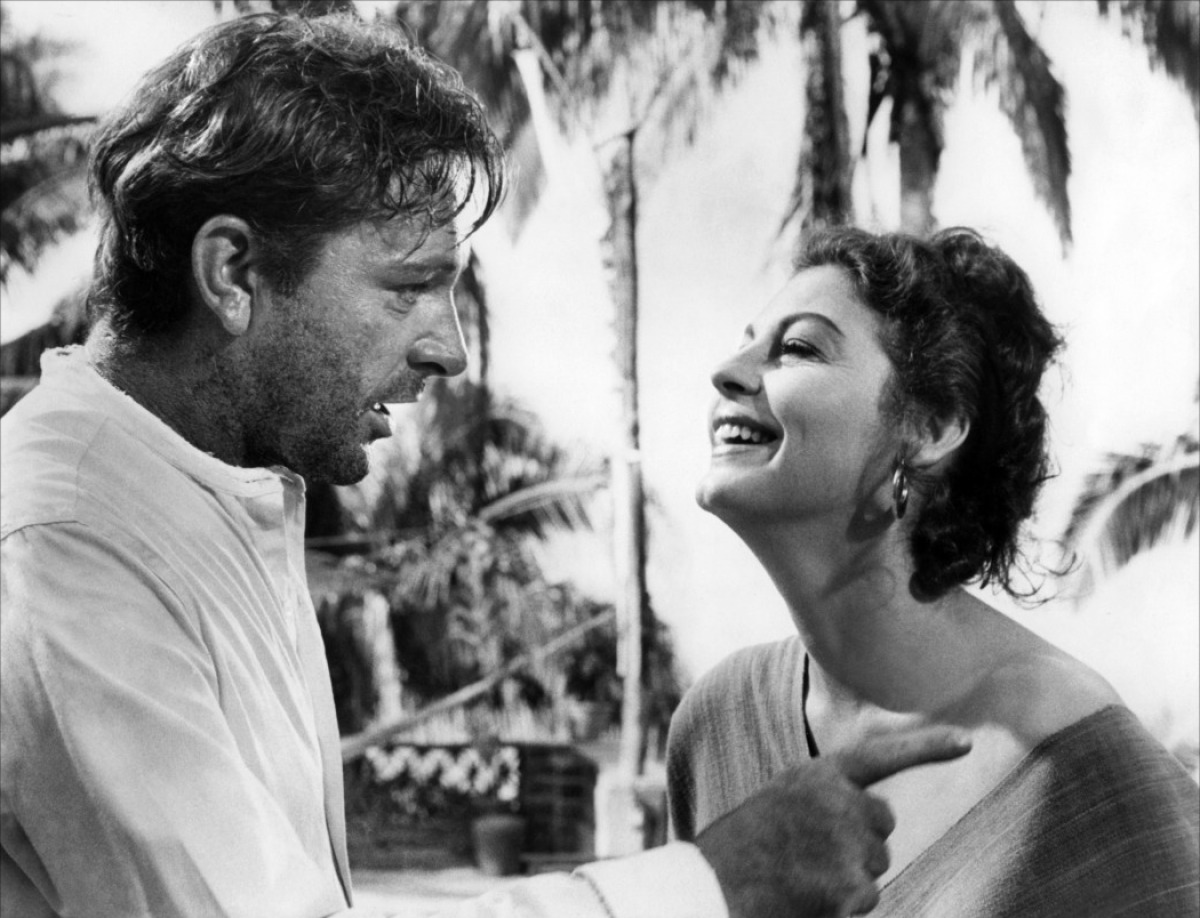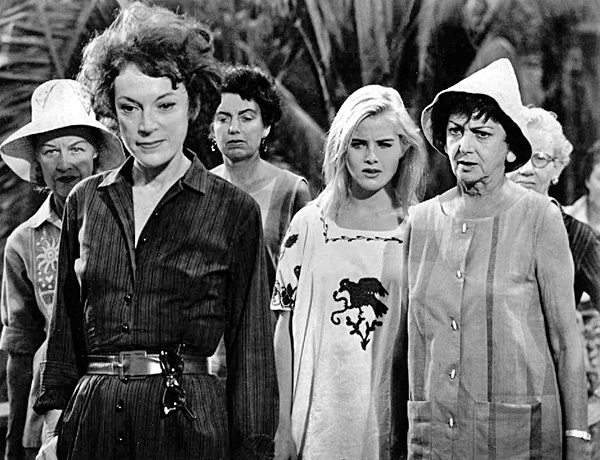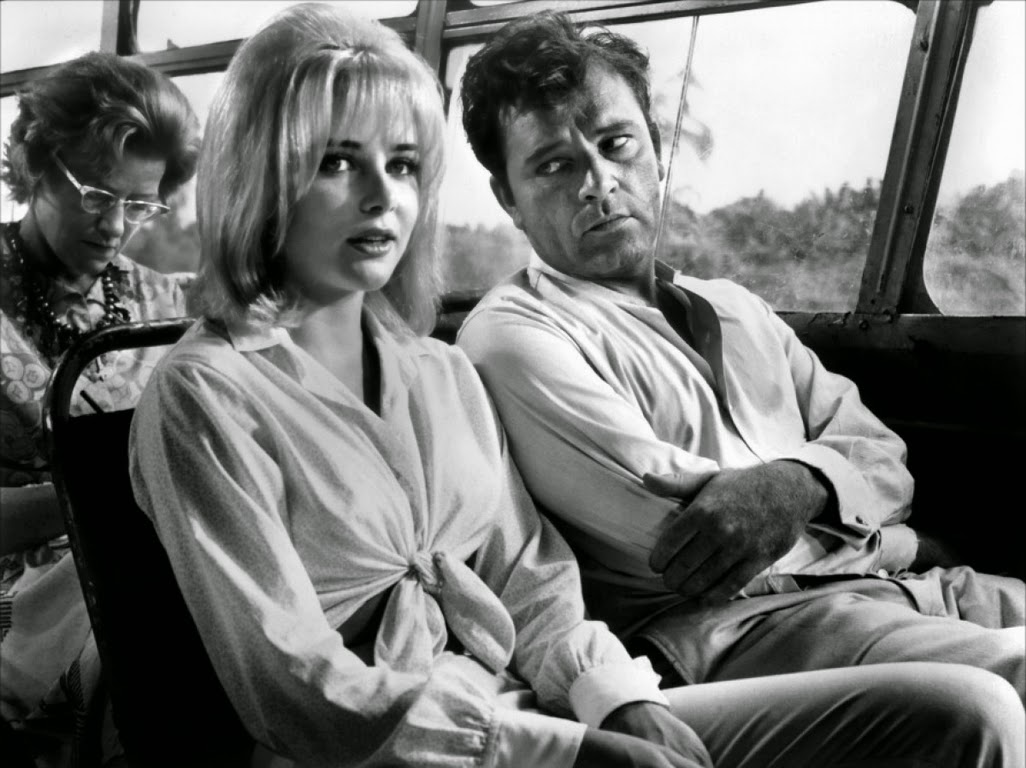Stellar notoriety
Following a series of antitrust investigations and competition from the rising popularity of television, the studios started to lose their command of the entertainment industry by the mid-1950s. The large studios broke up their conglomerates even as most of them remained major players in film production for many more years.
While the studio system is now associated with such a prolific and beloved era in film history, it was created to funnel profits to those few at the top of each studio, a fact which drew criticism from inside and outside the system both during the years it dominated Hollywood and in the years since. At one time during the studio system, the film business was the 14th largest industry in revenue but was the 2nd in percentage of profits that its executives received.
As an example of the disparity in pay between star and studio, Ava was paid $200 per month for her work on The Killers while MGM was paid $1,000 per week by Universal Studios for her seven weeks of work. Twelve years later, Ava’s final film under contract to MGM was another loan-out called The Naked Maja. At this point in her career, she was making $90,000 under her studio contract, but, for the loan-out and a percentage of gross, MGM earned millions of dollars from Titanus Films, the company producing the picture.

Critics of the studio system have argued that it created reliable revenue which in turn meant there was less incentive to try to make quality films. Ava Gardner’s critique of MGM’s treatment of her included similar indictments of the system. She felt that the studio did little to nurture and develop her acting skills.
During and soon after the “Golden Age”, the studio system also received critiques aimed at the quality of the films produced. These assessments included calling out the practice of block booking, wherein a studio would sell films to a theater as a unit, which usually consisted of five films. Only one of these films would be considered a particularly “good” film, referred to as “A-pictures”, while the other films were deemed of lesser quality and produced with lower budgets, commonly called “B-pictures”. Life magazine wrote in 1957 in a retrospective on the studio system: “It wasn’t good entertainment and it wasn’t art, and most of the movies produced had a uniform mediocrity, but they were also uniformly profitable.”

THE NIGHT OF THE IGUANA

Maxine Faulk : So you appropriated the young chick and the old hens are squawking, huh?
T. Lawrence Shannon : It’s very serious. The child is emotionally precocious.
Maxine Faulk : Bully for her.
T. Lawrence Shannon : Also, she is traveling under the wing of a military escort of a butch vocal teacher.

